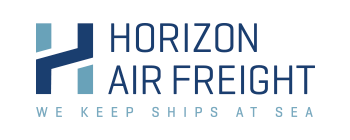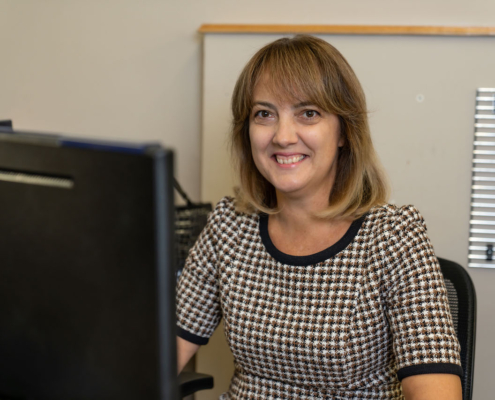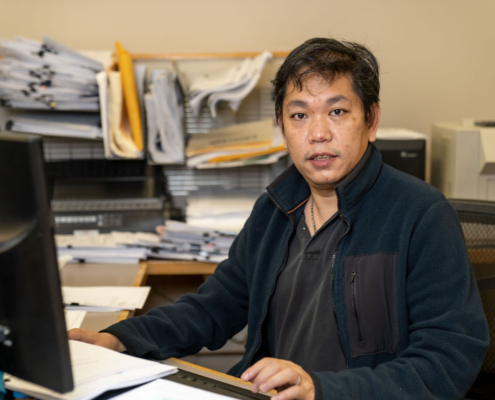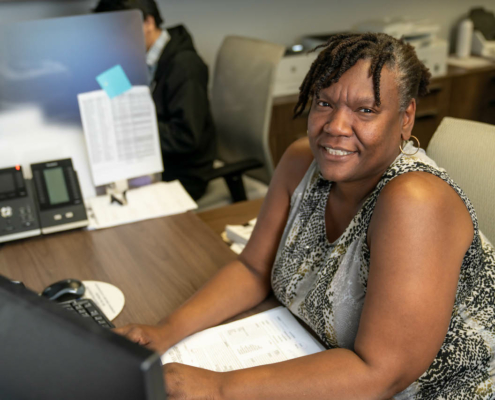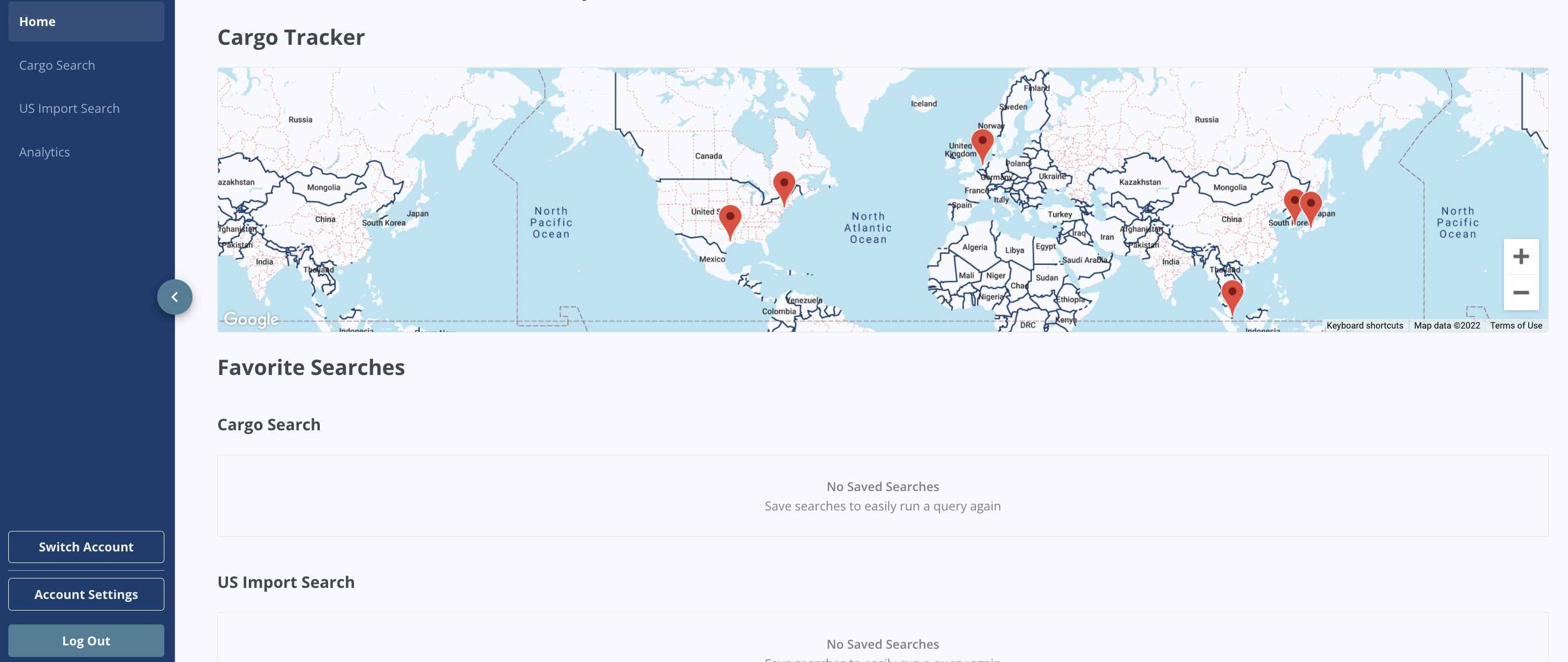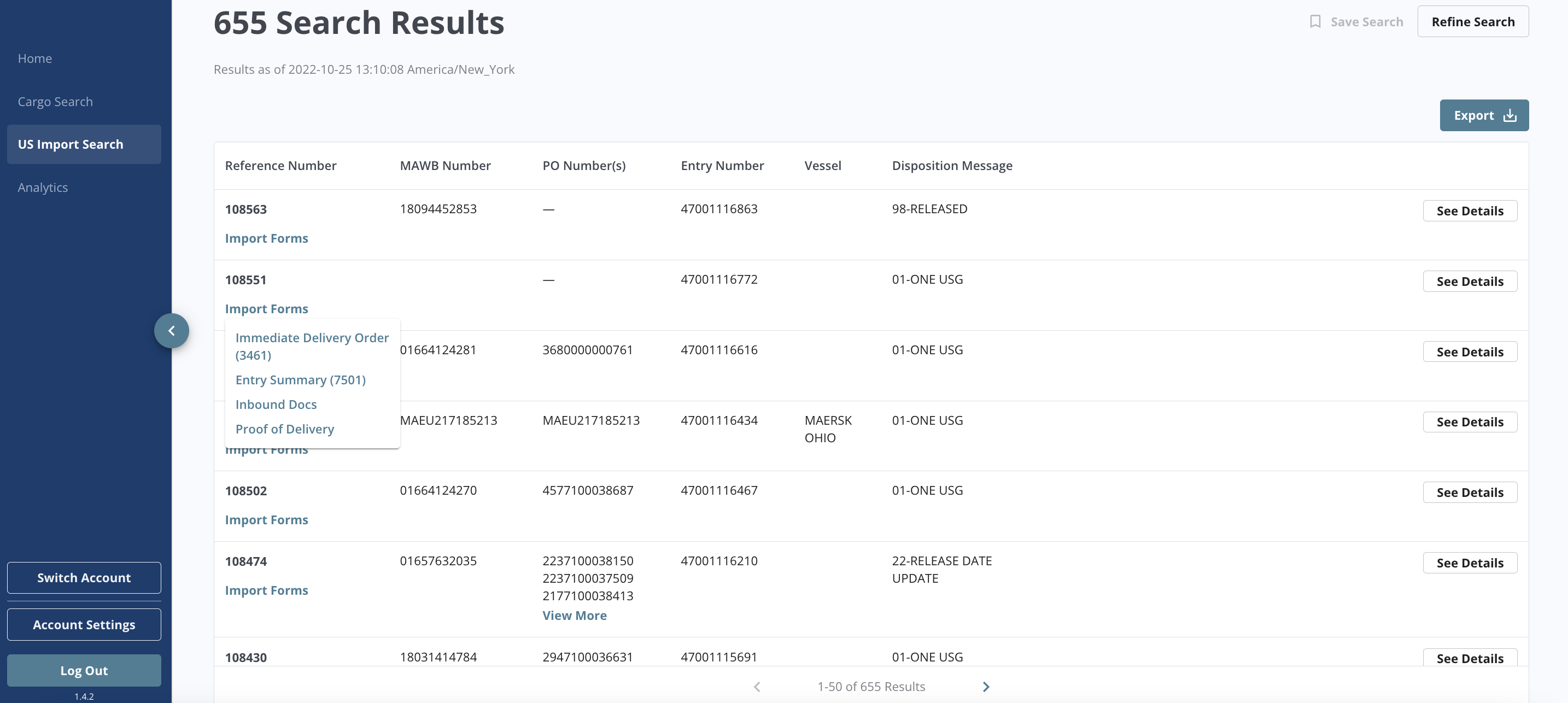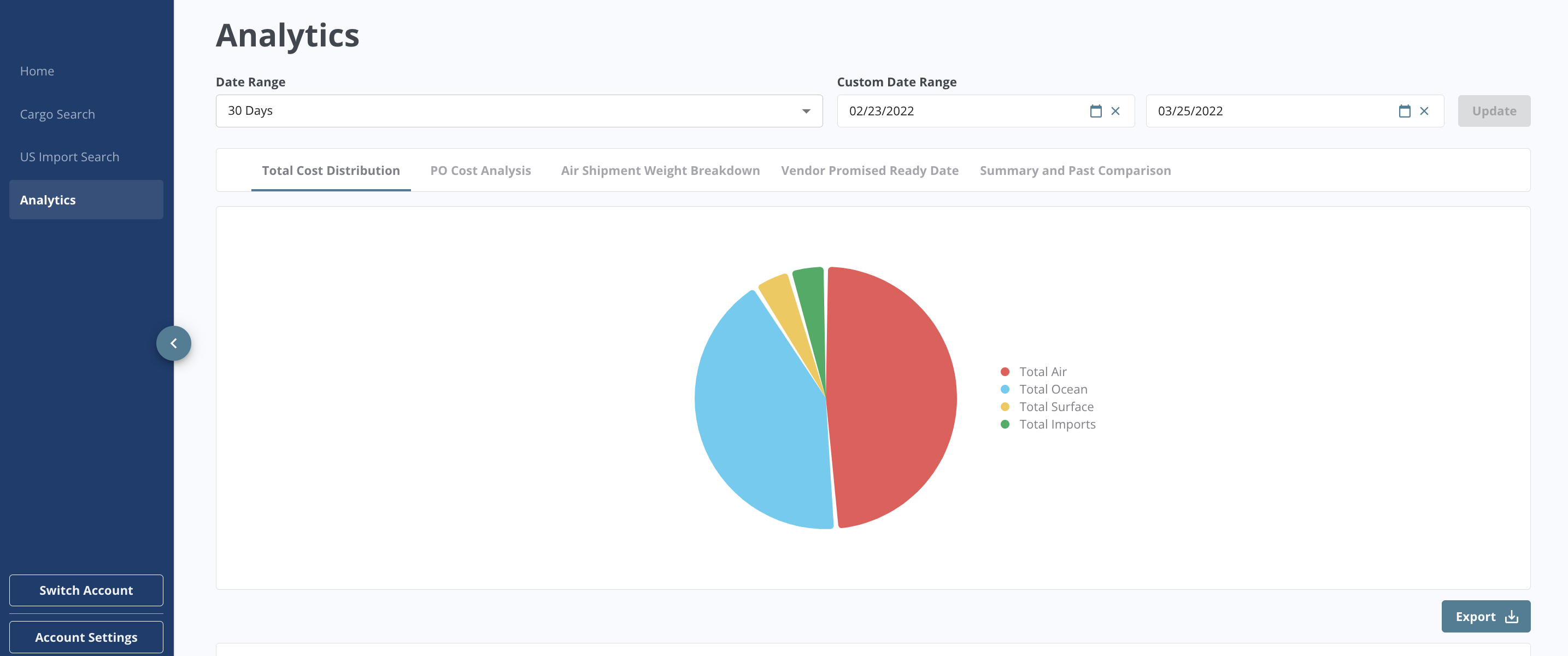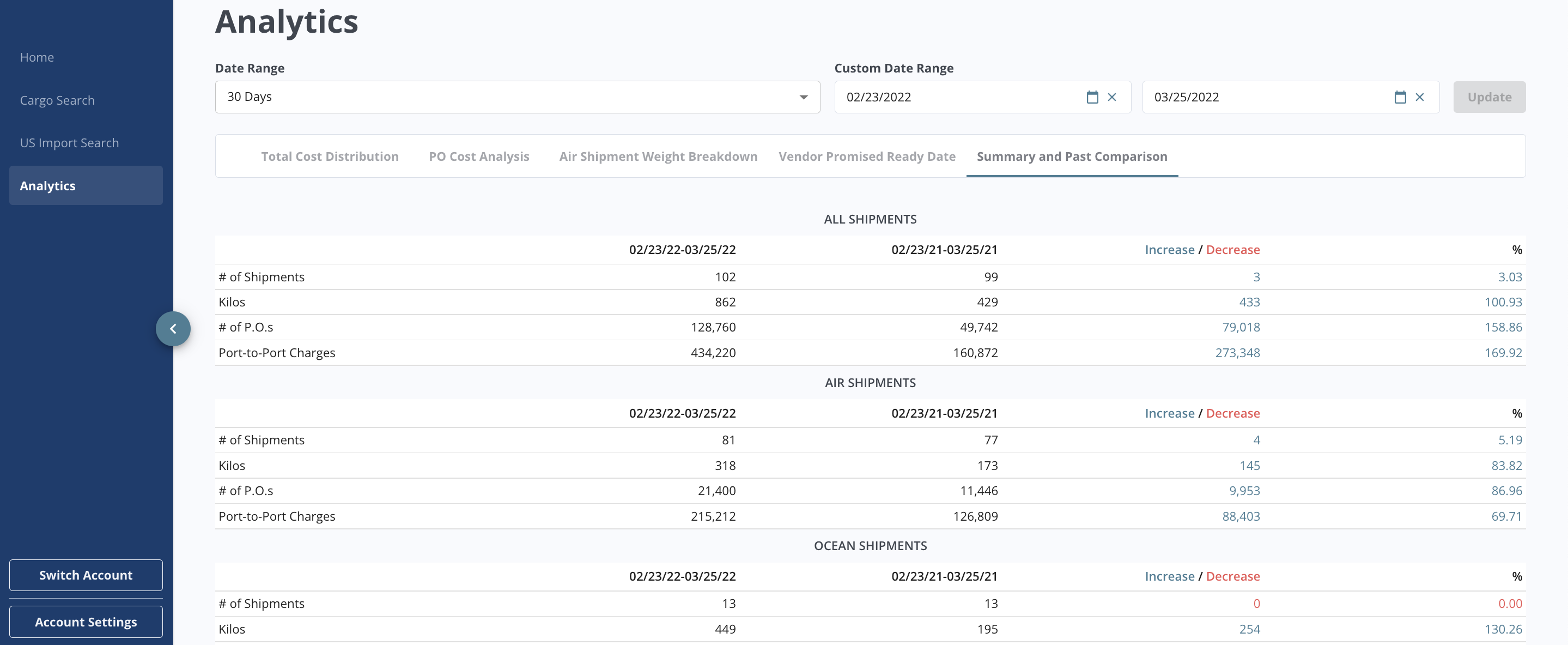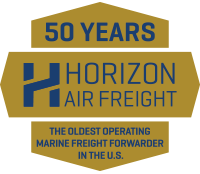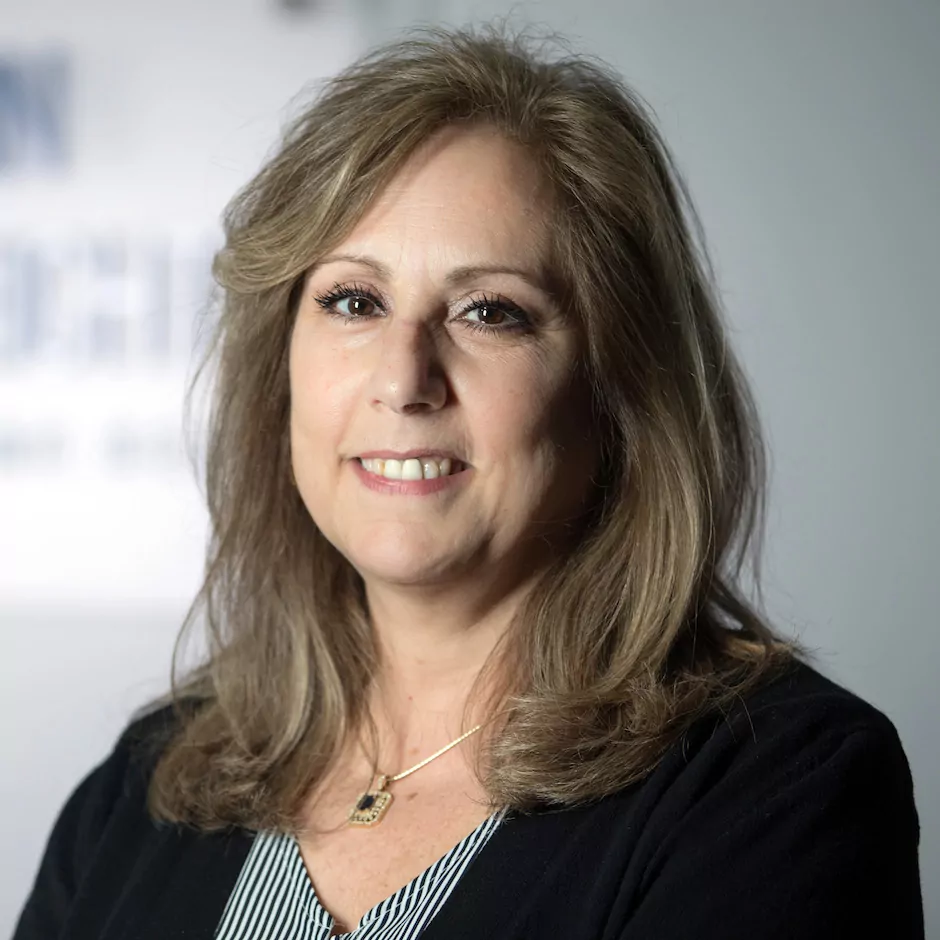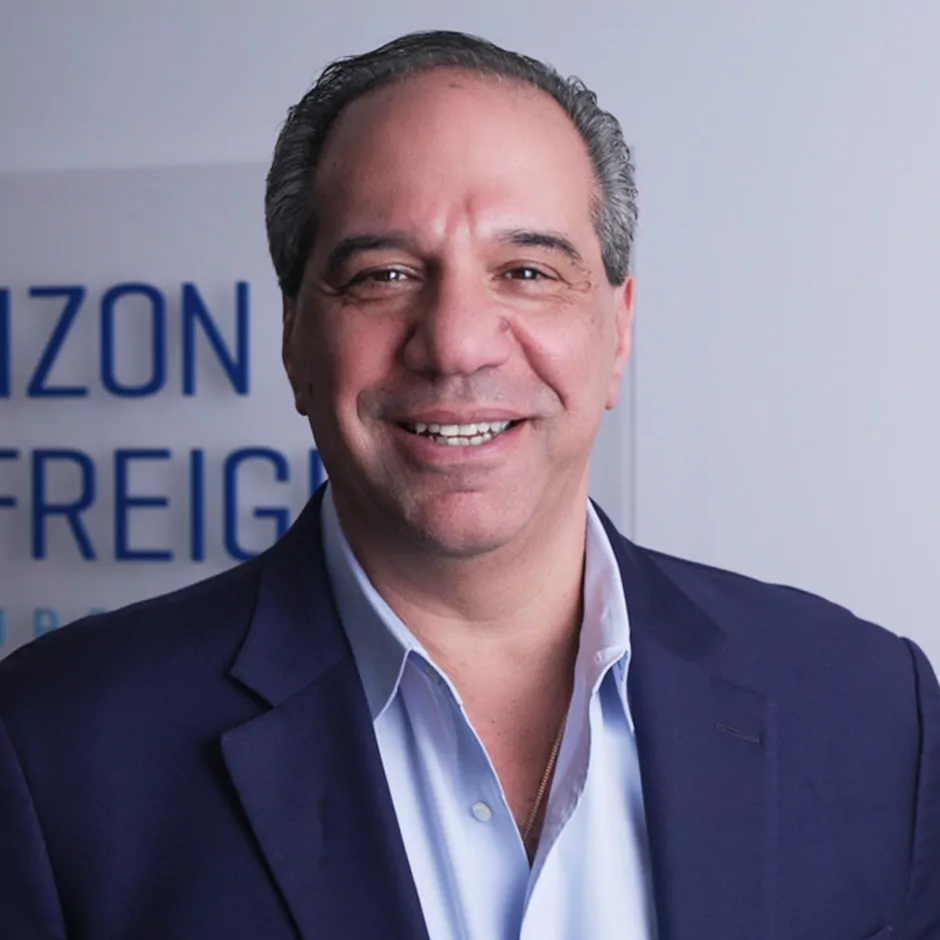Horizon Air Freight Announces Recent Acquisition of Transmarine Navigation Corporation
Q4 2022 Purchase Further Establishes Horizon as Leading International Port Agency and Comprehensive Marine Logistics Company
Horizon Air Freight announced today its recent acquisition of Transmarine Navigation Corporation, further establishing its leadership positions as an international port agency and customer-first logistics solution for ship owners, operators, and charters, making ports of call in North and South America.
Horizon CEO Steve Leondis said the transaction was completed in Q4 2022.
“In the spirit of Horizon and Transmarine, we began our partnership with a focus on our customers and the quality of our services,” he said. “Now it is time to share the big news with the public. Our acquisition of Transmarine allows us to better coordinate critical services for our customers’ vessels calling North and South America. Together, we’ll get everything they need to their ports of call and manage all their in-port logistics too, all with our shared commitment to excellence in the service of our customers. It’s a simpler and more streamlined solution for our clients, all provided by two companies the industry has trusted for generations.”
The combined services after the acquisition include:
- Best-in-class customer experience in agency for North and South America
- Best-in-class door-to-deck marine logistics solutions globally
- White-glove port call service with talent on board to ensure customer success
- Freight forwarding of spares, supplies, and equipment from any vendor worldwide
- Port call agency services at Transmarine’s 12 served ports along the Gulf Coast, West Coast, Hawaii, and Argentina
- Spares and supplies consolidation at Horizon’s 30 global warehouses
- Import and export documentation services
- Last-mile delivery services at any port of call
Transmarine recently announced that Leslie Clements was stepping into the role of Managing Director, a position previously held by Jim Papp, who is assuming the role of Head of Strategic Ventures. Papp was instrumental in developing the partnership with Horizon.
“After nearly 40 years at the company, I can confidently say that there has never been a more exciting time to be a part of Transmarine,” Papp said. “A new ownership structure, combined with a great new leader in Leslie, will ensure that our best days are upon us.”
“It’s an honor to continue Transmarine and Horizon’s great work,” Clements said. “The new visionary leadership team, alongside the legacy of producing results for our clients, is the perfect combination.”
Existing customers of Horizon and Transmarine can take advantage of the newly integrated services immediately by reaching out to their current account representatives. New customers can contact Horizon through haf.com or by calling 800-221-6028.
About Horizon Air Freight
Horizon Air Freight keeps fleets shipshape and on schedule with global marine logistics by air, land, and sea. Critical marine spares, supplies, and equipment from any vendor worldwide: consolidated, expedited, delivered door to deck. Whatever you need, wherever you need it, we’ll get it there on time and on budget. With more than 50 years of experience, we keep more than 6,000 ships safe, able, and sailing. To learn more about how Horizon and Transmarine’s combined services can help your fleet, call 800-221-6028 or visit haf.com.
About Transmarine
Founded in 1938, Transmarine is a leading U.S. tramp ship agency, headquartered in Long Beach, California, and with offices in a dozen port cities along the Gulf Coast, West Coast, and Hawaii. The most prestigious firms in the shipping industry trust Transmarine to manage their port call operations with safety and efficiency. To learn more visit www.transmarine.com.
